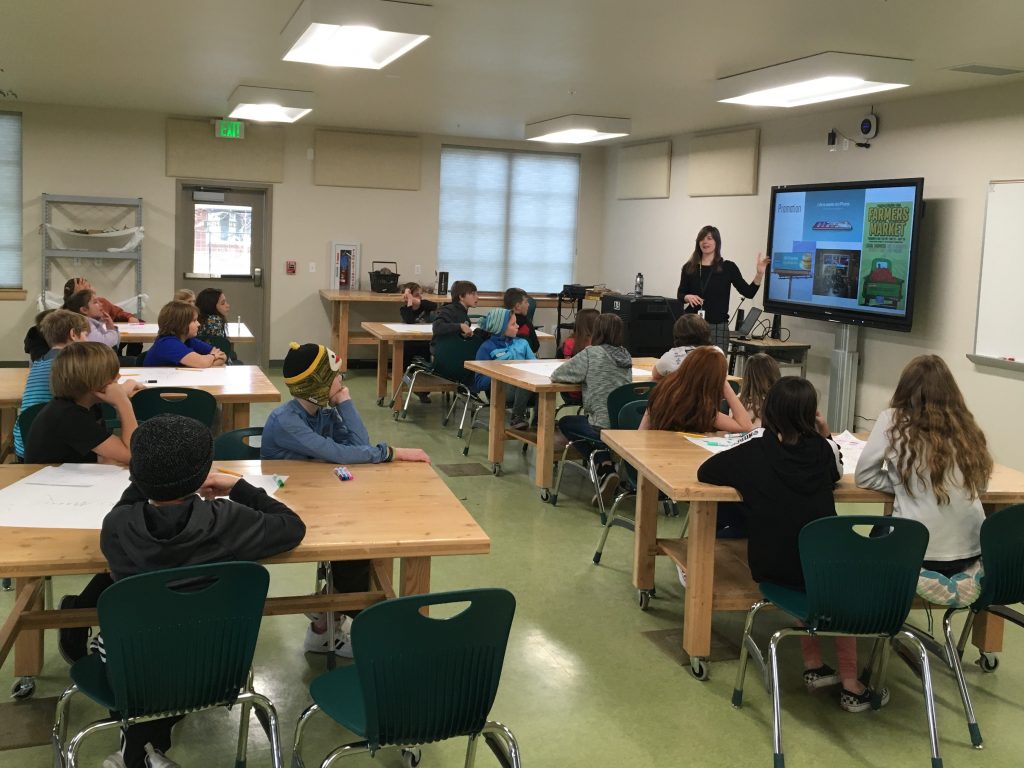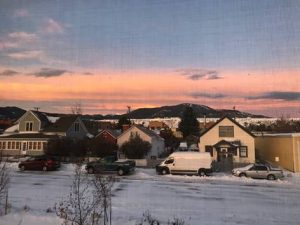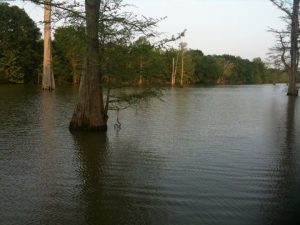By Samantha McGowan
When I was young, maybe some time in middle to late elementary school, I remember my dad asking me seriously, “What do you want to be when you grow up?”
I remember only being baffled. “What are my options?,” I asked him. He went through a list of options, probably typical careers that I would know about: teacher, veterinarian, doctor, lawyer, police officer, etc. I don’t remember any of them standing out to me. I only remember feeling a void: I didn’t know what was possible or even what existed.
Throughout middle school and high school, I was consistently told I was driven and motivated and intelligent and persuasive and good at public speaking. All signs pointed to a career in business and I was more than happy to follow the signs. If the shoe fit, why fight it?
I went to a very prestigious, very expensive private college on the east coast. I got a business degree with a dual-major in international business and marketing. I got a job right outside of DC after college as a marketing coordinator. As far as everyone was concerned, I was on the “right track”.
Six months into that job, I had a panic attack in the parking lot of my office. I remember calling my dad, crying, hardly able to breathe. Between gasps of air I was able to ask him, “How am I going to do this for the rest of my life?”
I stayed at that job for another year before quitting, selling most of my belongings, and moving to Alaska to work at a remote eco-lodge. It was in Alaska that the truth – or rather MY truth – started unfolding in front of me. I needed to be outside, not sitting at a desk. Our land was what was important to me, not helping a company sell its products. The importance of the natural world was being overlooked and I needed to dedicate my life to save our world’s wild places.
I worked my way up to being a hiking guide in Denali National Park. I hiked with tourists through some of the most wild and untouched places in our country, and I had the opportunity to educate them on the importance of its existence while doing so. I had my dream job, and still, something was missing.
Were my guests going home and taking with them what I taught? Did they take my lessons to heart and change their behavior back in their normal lives, or did they forget everything they learned and continue about their lives like business-as-usual once they got home?
I couldn’t stand the idea that perhaps I wasn’t making a difference. I wanted to affect people on a larger scale and make a larger impact.
When I came across my position, I had never heard of Energy Corps and I could only vaguely recall hearing about AmeriCorps. But I was only halfway through reading the position description when I knew it was perfect for me. The host site was in the community I was already living in. I would be serving within the school district as a Sustainability Educator.
As a hiking guide I often thought to myself that the biggest difference I could make was to educate children about the importance of caring for the earth, our natural resources, and our wild places. Adults are harder to reach, harder to change. They are already set in their ways and their opinions are already formed. That’s not to say it is impossible for adults to change their behaviors or opinions, but it is a lot harder. I started thinking that if we could just educate children about the importance of sustainability at a young age, they would grow up practicing sustainable habits and making choices with sustainability in mind.
Now, as I type this, I’m waiting for one of my 5th grade classes to arrive at the building where I teach – the Center for Sustainability and Entrepreneurship (CSE). For the past month I’ve been teaching six 5th grade classes about sustainability and entrepreneurship, and how businesses can (and should) exist with sustainability in mind. They are learning how to grow microgreens, sprouts, and other vegetables in the greenhouse attached to the CSE in the winter, and they will be selling what they grow at an indoor farmers market next month. The intention behind the classes taught at the CSE is for each grade, K-8, to learn a different facet of sustainability and entrepreneurship every year. And each year their knowledge will build upon what they learned the year before. Before they learn how to start their own farmers market in 5th grade, they’ll have learned how to care for a garden, how seeds become plants, about soil, about the different kinds of energies that exist in a garden, and about the importance of insects.
Thanks to Energy Corps, I finally feel like I’m on the right path. Teaching children how to grow their own food, how to start a business, and how to do it sustainably (so that generation after generation can do the same) is so important – not only for the health of our communities, but for the health of the planet as well. And I feel so honored to have a small hand in it all.








